There’s a lot of talk these days about having healthy bacteria in the gut but did you know this is important on the skin as well? These healthy bacteria and other microorganisms are called your microbiome.
What is a microbiome?
Your skin contains trillions of microorganisms that make up your own unique microbiome. These microorganisms which are mostly bacteria, but can also be mites, viruses, parasites and fungi help to protect and improve the function of your skin. These microorganisms or microbiota work synergistically together to create an ecosystem that supports immune function and protects from harmful invaders. Most of us think of bacteria and other microorganisms as harmful, but in reality, they are very important in creating healthy, beautiful skin. When your microbiome becomes imbalanced, skin conditions like acne, rosacea, inflammation, dermatitis, eczema, dryness and sensitivity show up.
What disrupts a healthy microbiome?
Skin problems arise when our healthy microbiome becomes imbalanced and allows for overgrowth of some microorganisms. Acne is a great example of this. The bacteriaP. acnes are a normal part of our microbiome; however, with imbalance, theP. acnes flourishes and causes acneic lesions on the skin.
First of all, let’s understand what supports a healthy microbiota. Certain microorganisms grow on certain areas of the skin based on the conditions and nutrients that they thrive on. Microorganisms that prefer a moist, dark environment will thrive between your toes or in the groin. Those that feed off of sebum will prefer the face or back area. Factors that affect the microbiota health are skin pH, skin folding, density of hair and oil glands and moisture.
How to protect and improve your skin’s microbiome?
- Improve and protect your skin’s pH: The pH of your skin can be altered with exposure to substances like water, harsh skincare products, detergents, diet, infection and pollution. Water is the most altering substance that we are all exposed to on a daily basis. The water source that you use to wash your skin with usually has a pH of 8.5 or more depending on how hard it is. The other most common mistake we make is using harsh cleansers and skincare products. If you skin feels squeaky clean after cleansing, then your cleanser has a high pH and is disrupting the acid mantle. Avoid skincare products that are too harsh, like using bar soap to wash your face. Choose product lines that use gentle, yet effective ingredients to nurture your skin’s health, like Mikel Kristi. Toners help to adjust the pH of the skin after cleansing, which in turn allows for better penetration of the therapeutic and anti-aging bioactive ingredients in your serums that follow. Check out our Refreshing Botanical Wash and our Lavender Hibiscus Toner.

-
Avoid taking antibiotics unless necessary. Antibiotics not only kill bad bacteria but also good bacteria.
-
 If you have more oily skin, avoid over-drying with harsh cleansers, over cleansing, alcohol-based products or harsh toners. Mikel Kristi skincare products are formulated to gently and effectively help to normalize oil production. Our Rejuvenating Swipes are addictive for skin balancing.
If you have more oily skin, avoid over-drying with harsh cleansers, over cleansing, alcohol-based products or harsh toners. Mikel Kristi skincare products are formulated to gently and effectively help to normalize oil production. Our Rejuvenating Swipes are addictive for skin balancing.
Here's To Your Best Skin Ever!


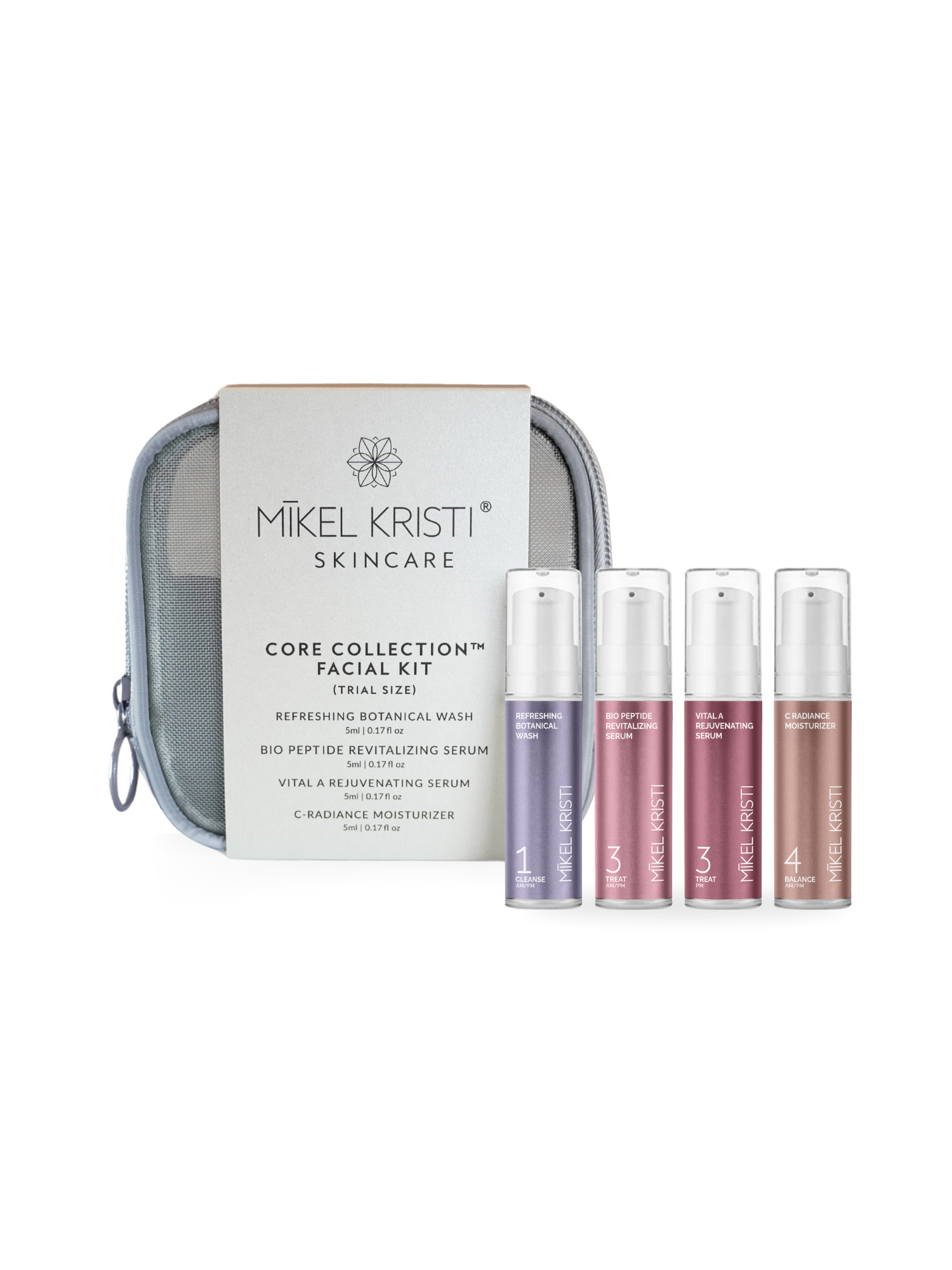
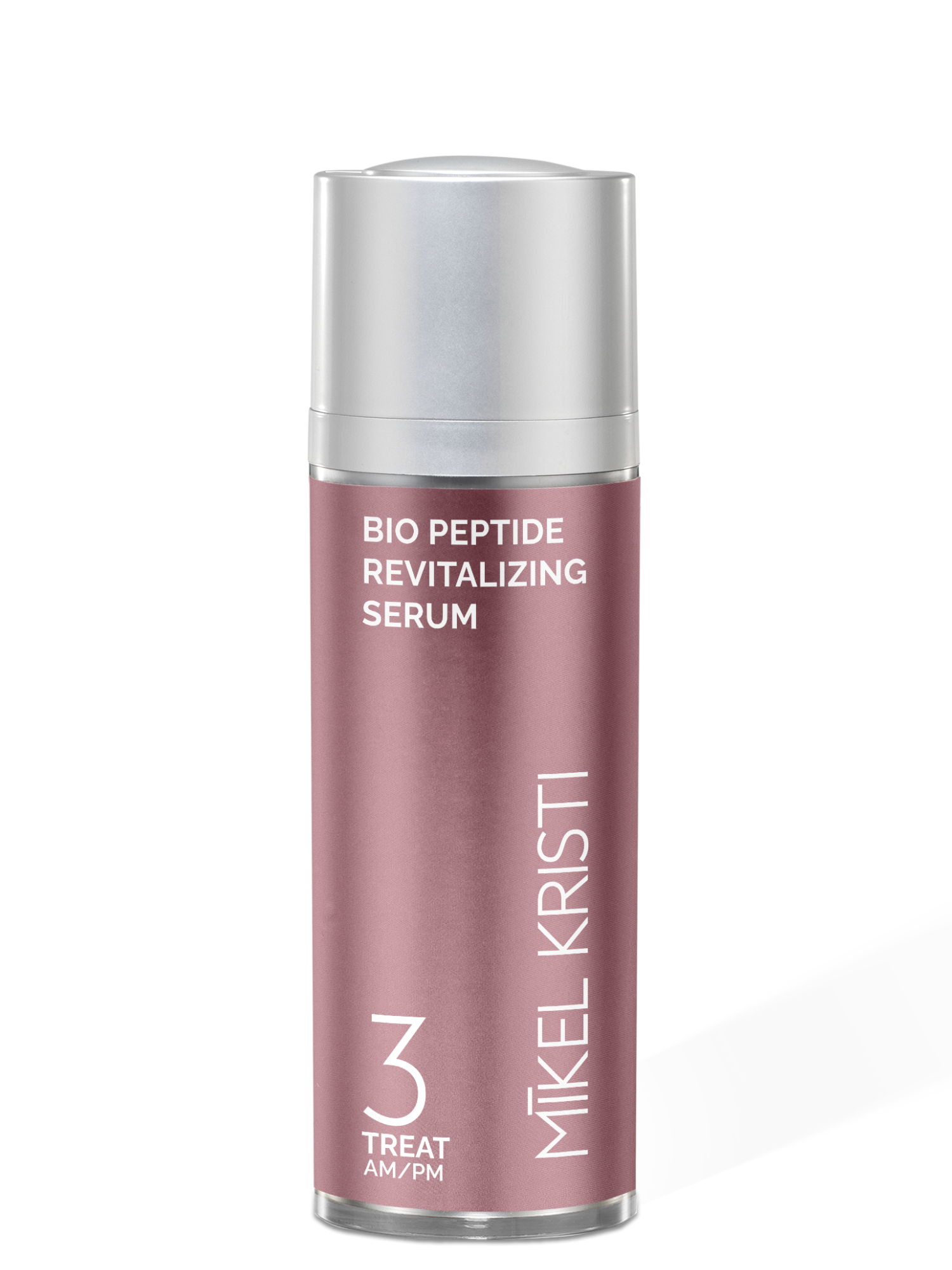
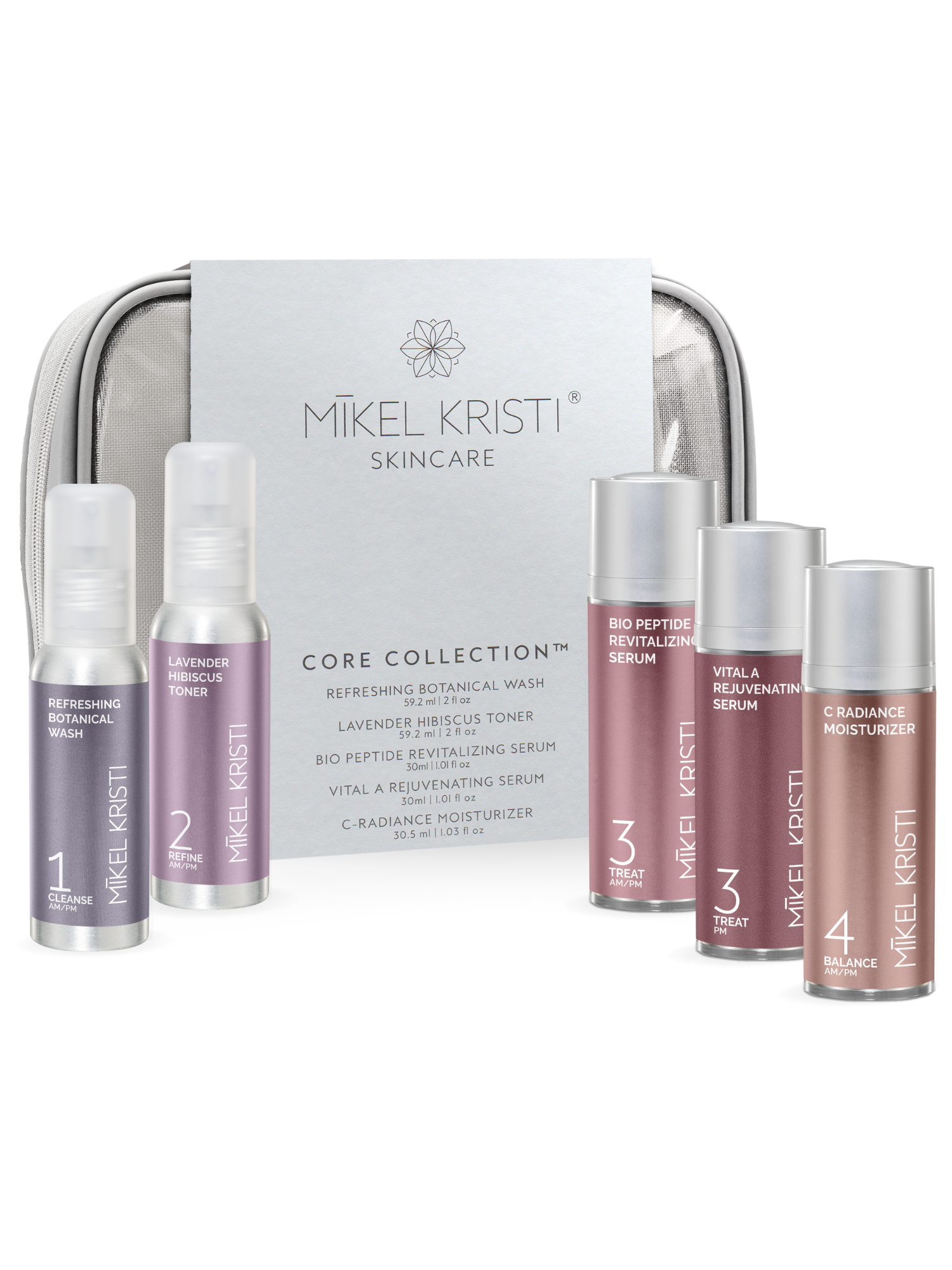
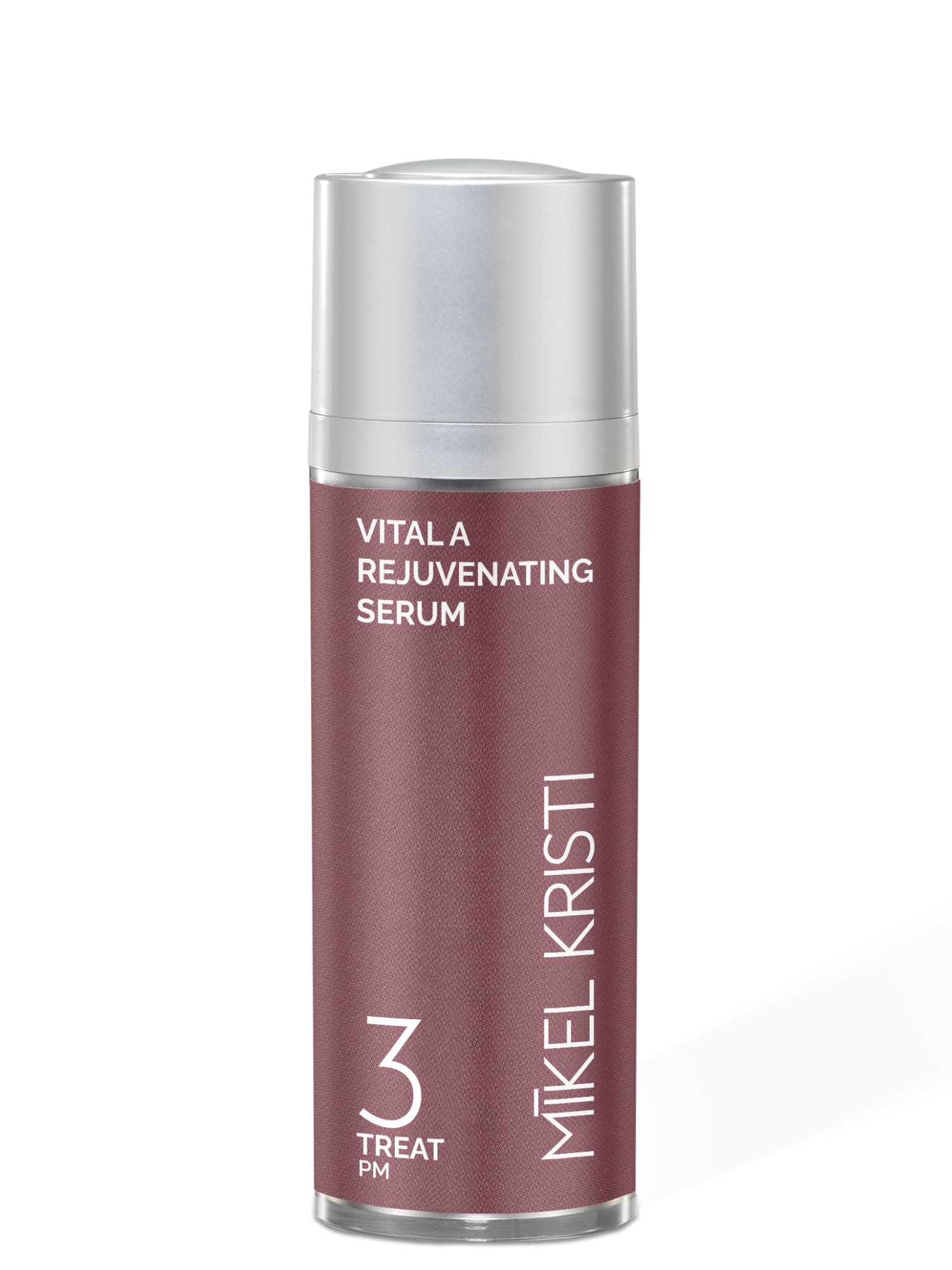
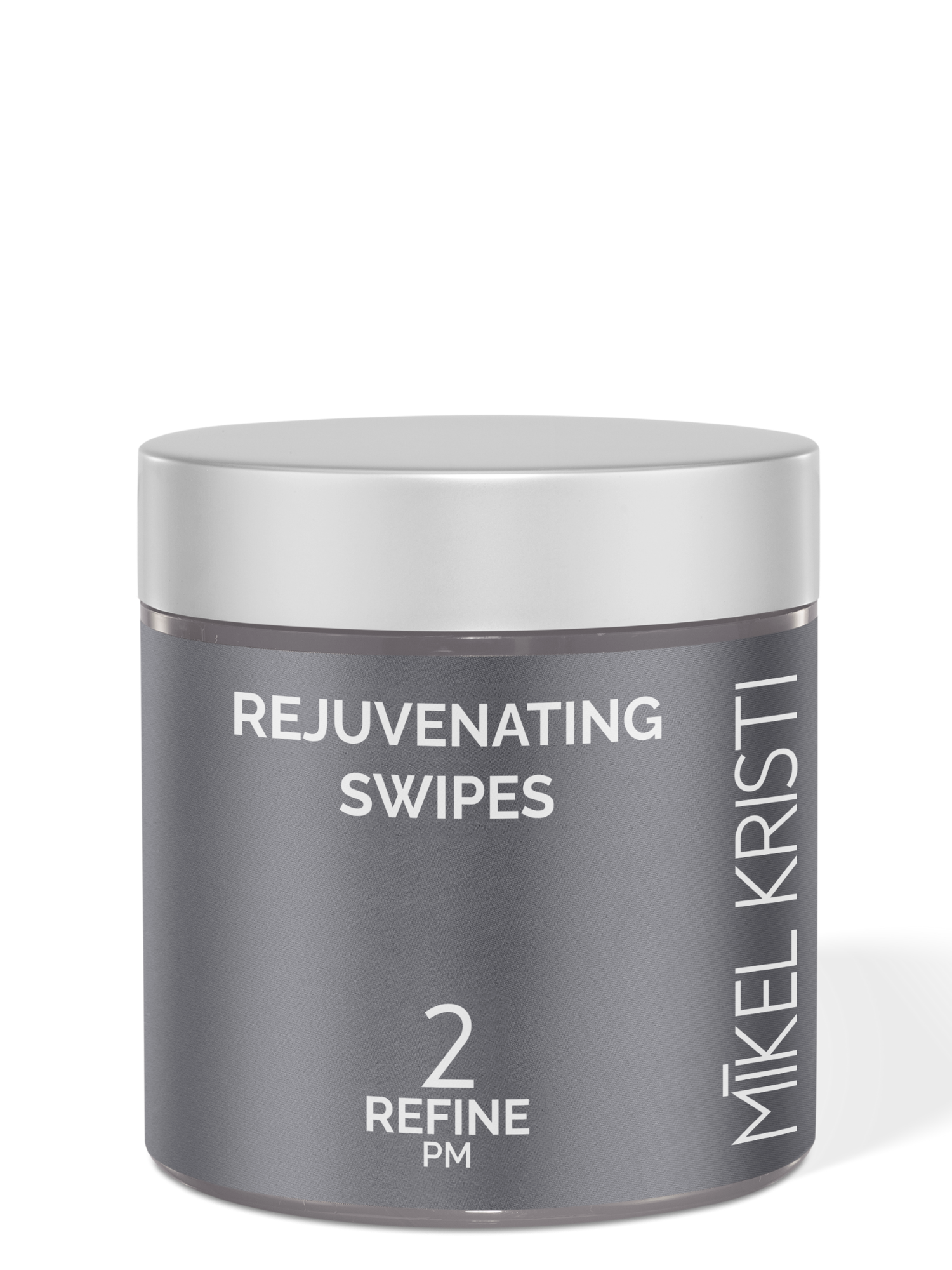
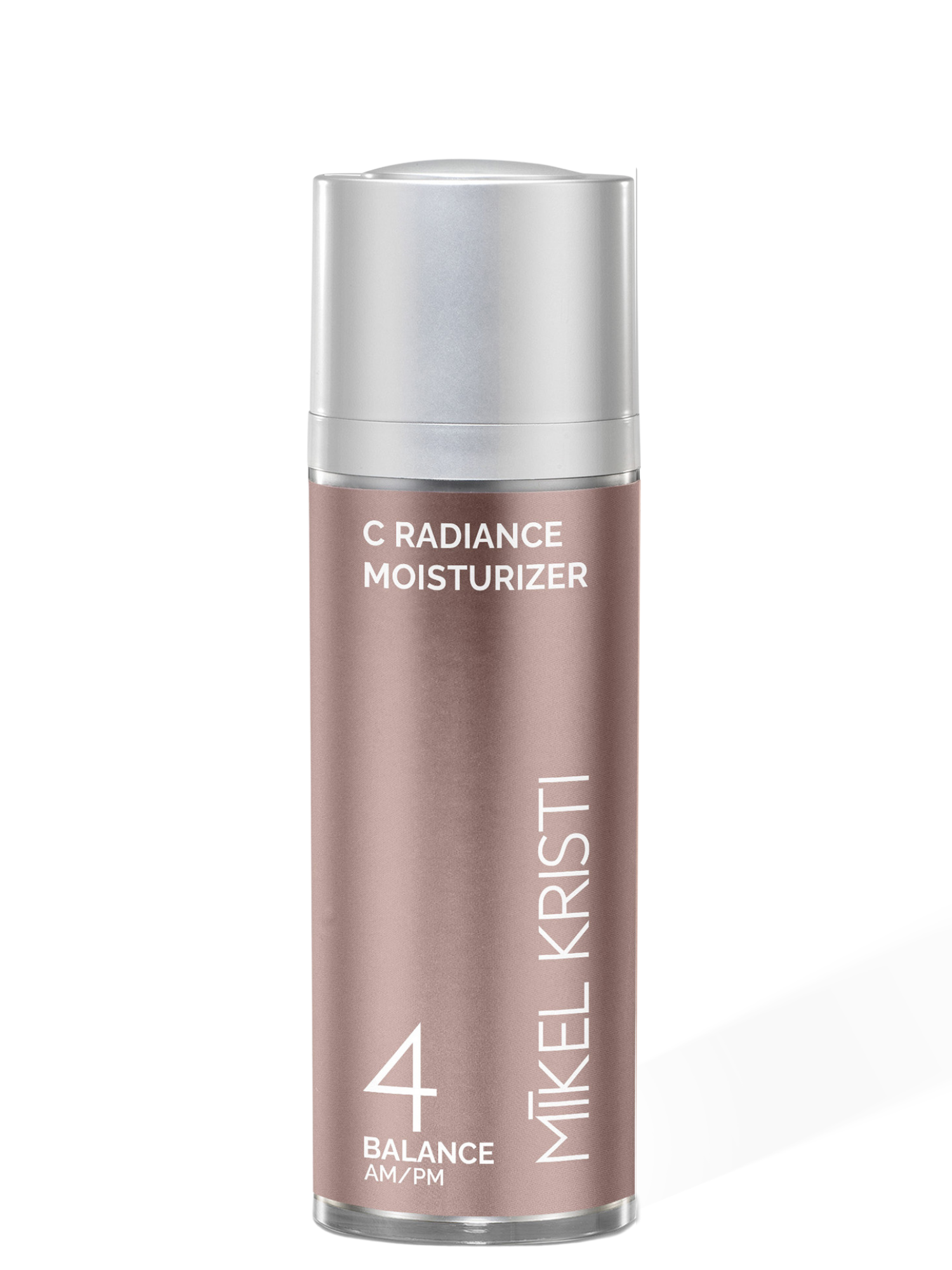



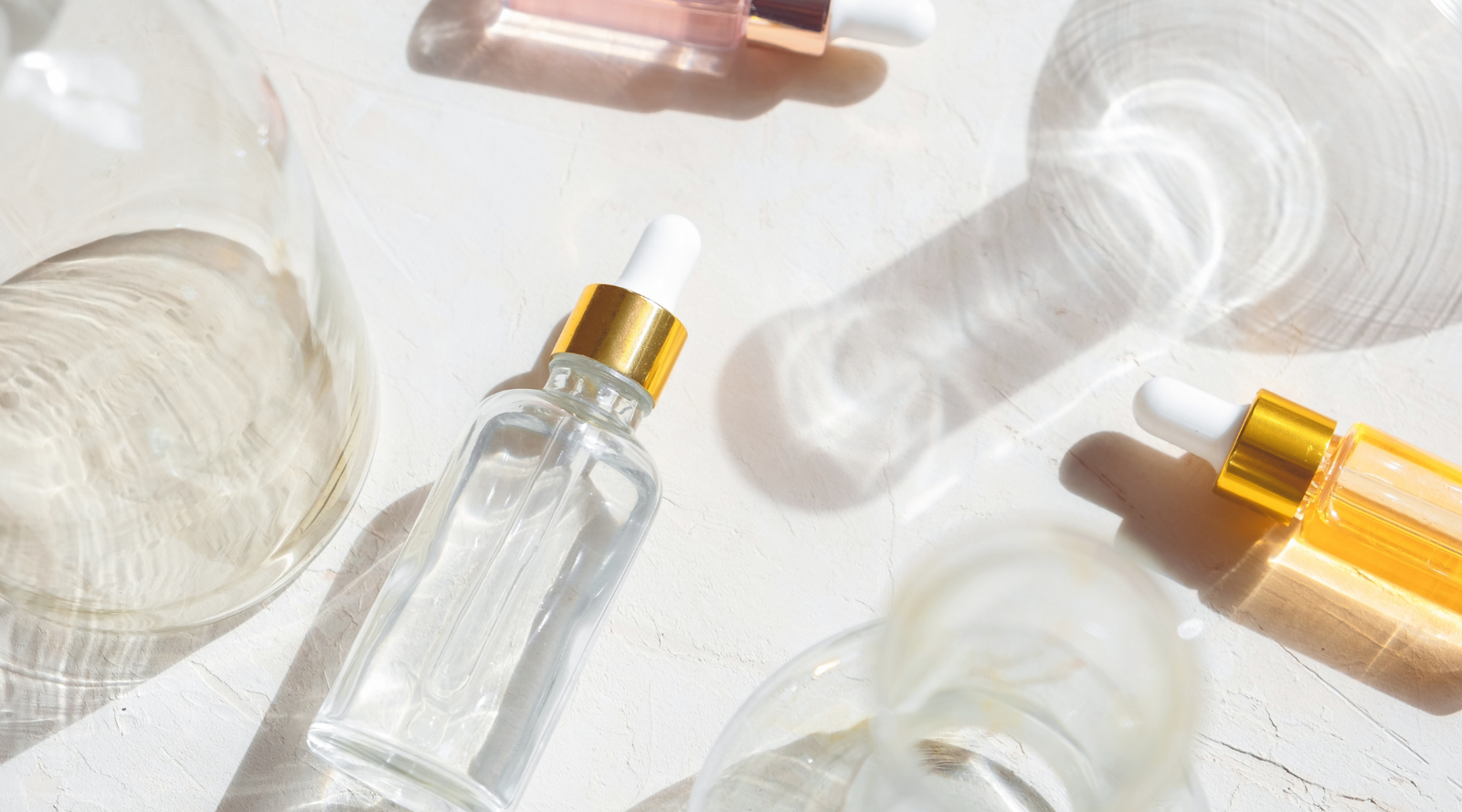

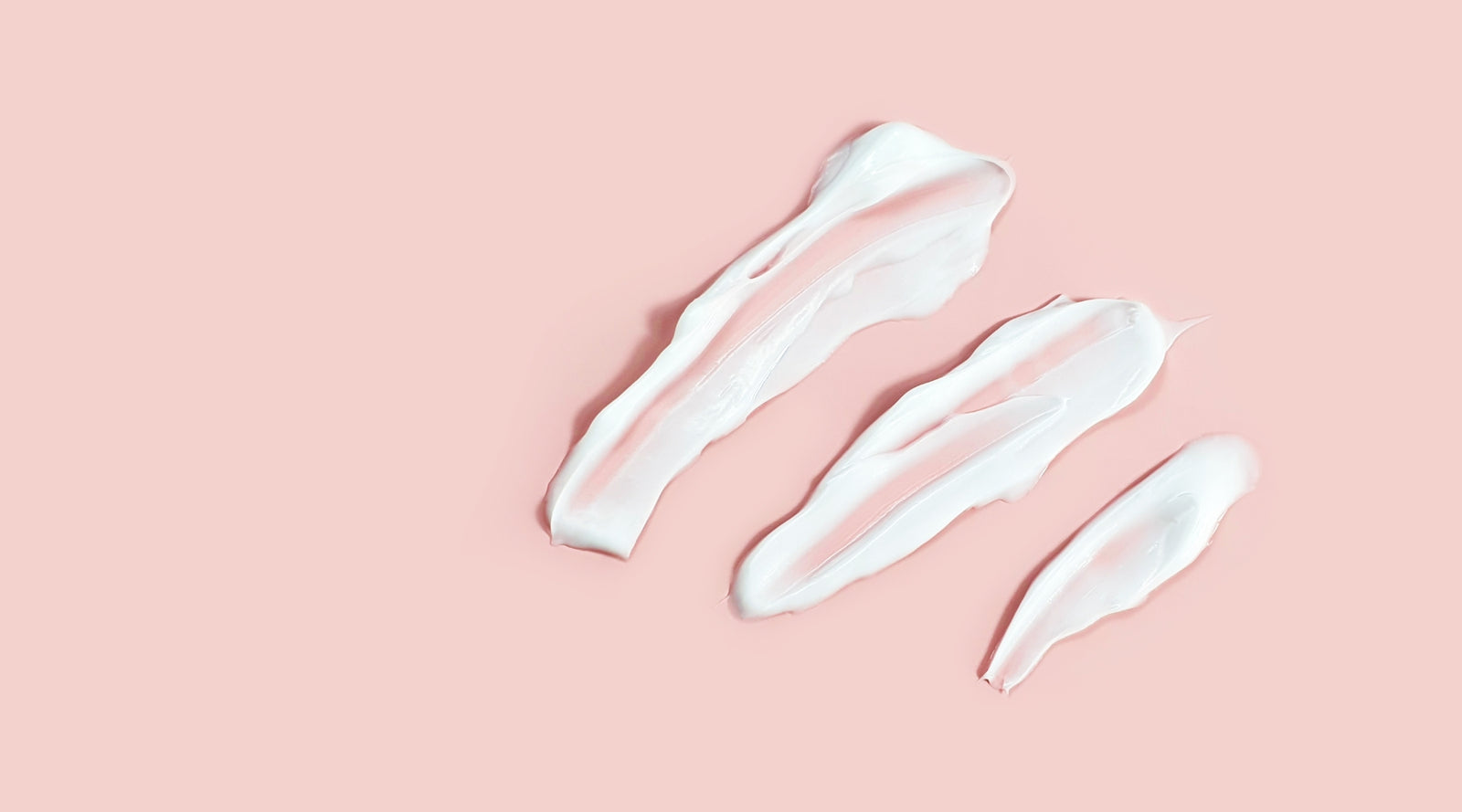

Leave a comment (all fields required)